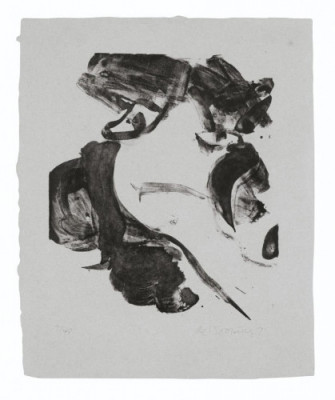William Anastasi
William Anastasi (USA, 1933–2023) was a pioneering conceptual artist whose work explored chance, indeterminacy, and the unconscious. Known for his 'Subway Drawings,' created in transit with closed eyes, Anastasi challenged traditional artistic authorship. His innovative practice included drawing, sculpture, photography, and sound art, with works held in major museums like MoMA and the Whitney.
- Recently Added
- Price (Low-High)
- Price (High-Low)
- Year (Low-High)
- Year (High-Low)

Artwork by Willem de Kooning
What is Gestural?
Gestural art is a term that describes painting with freely sweeping brushstrokes. The primary goal of gestural art is to allow the artist to physically express emotional impulses. The varied, yet expressive paint marks are intended to convey the artist's inner thoughts and emotions, which viewers are believed to understand through the dynamic and spontaneous application of paint.













